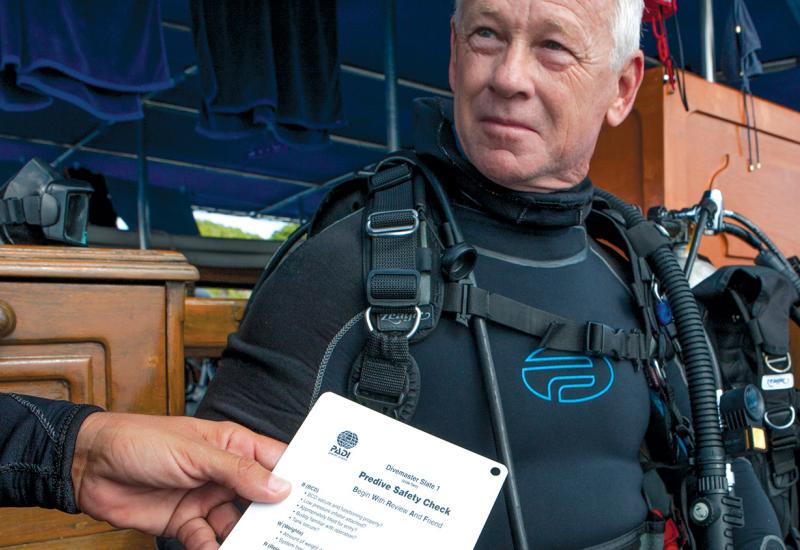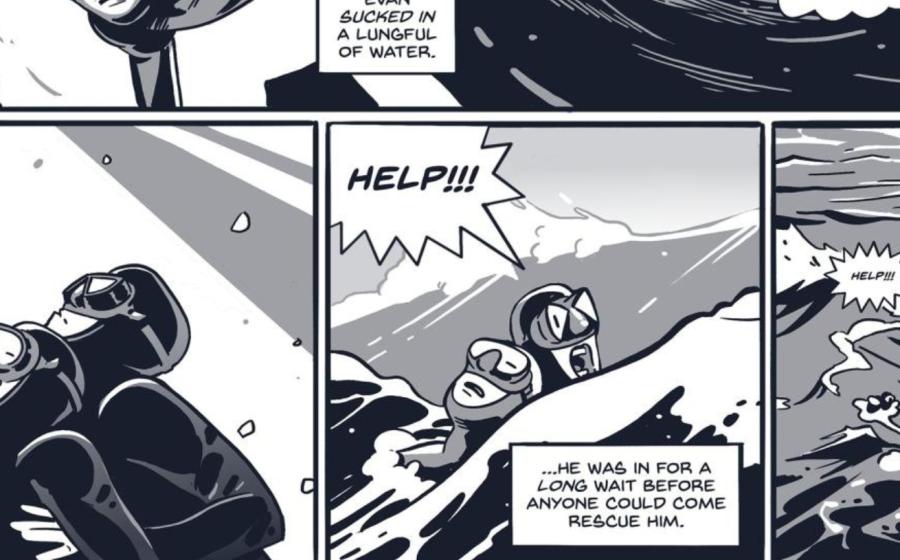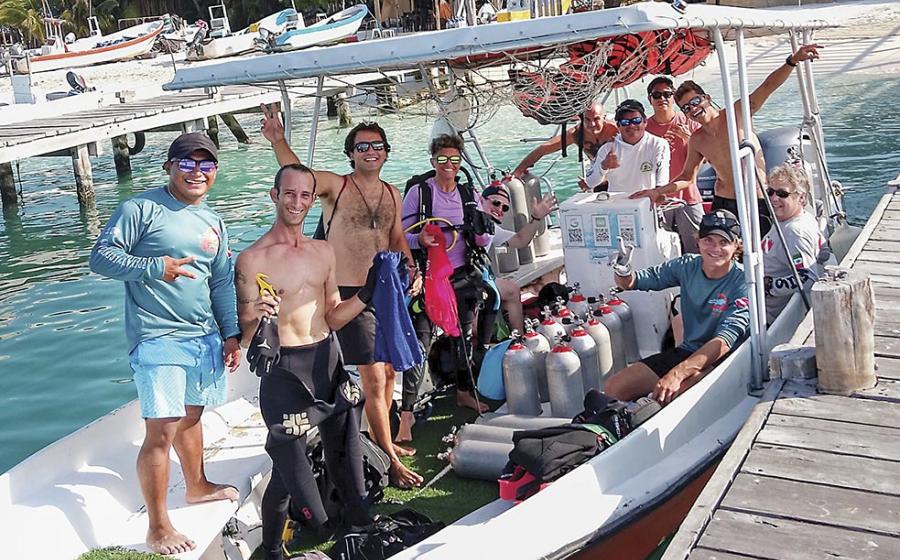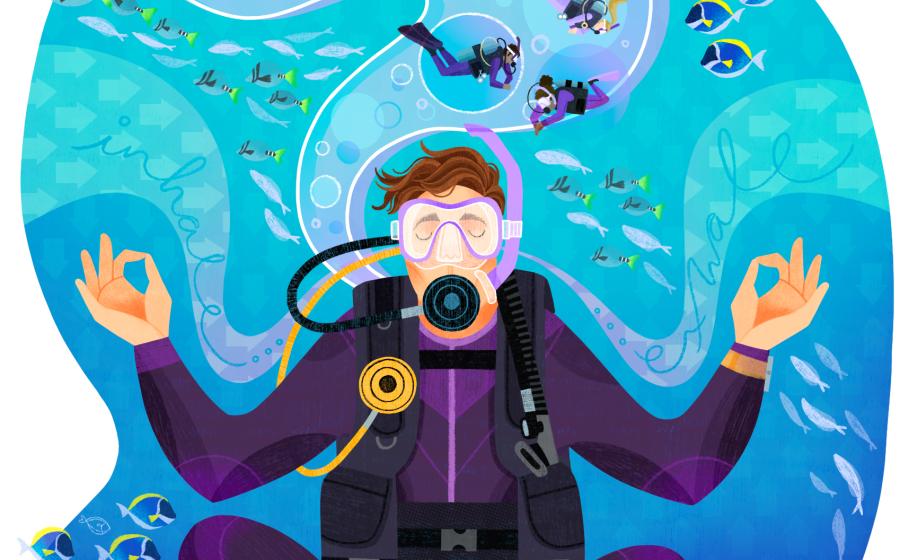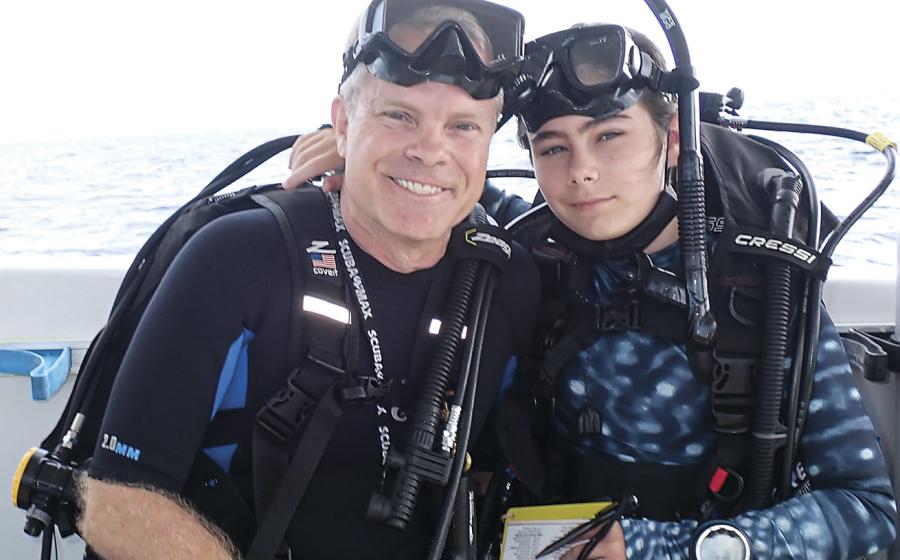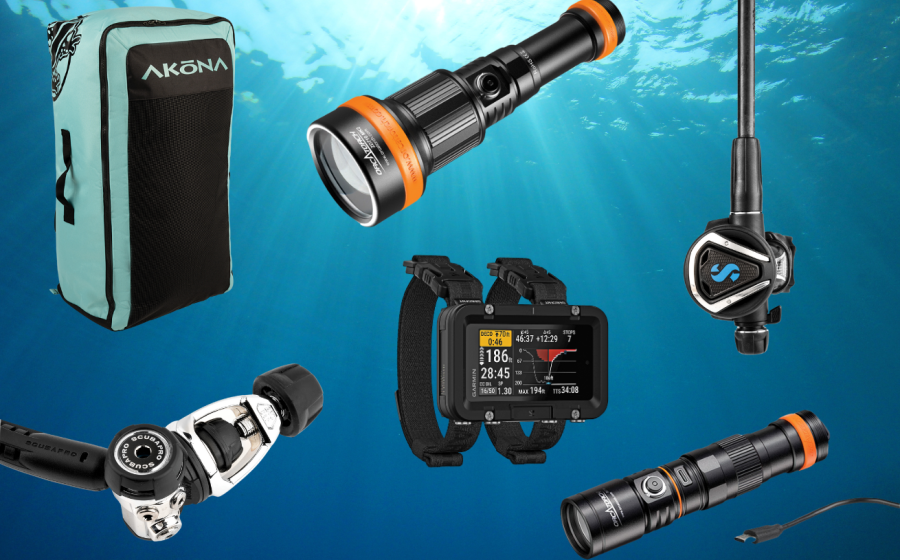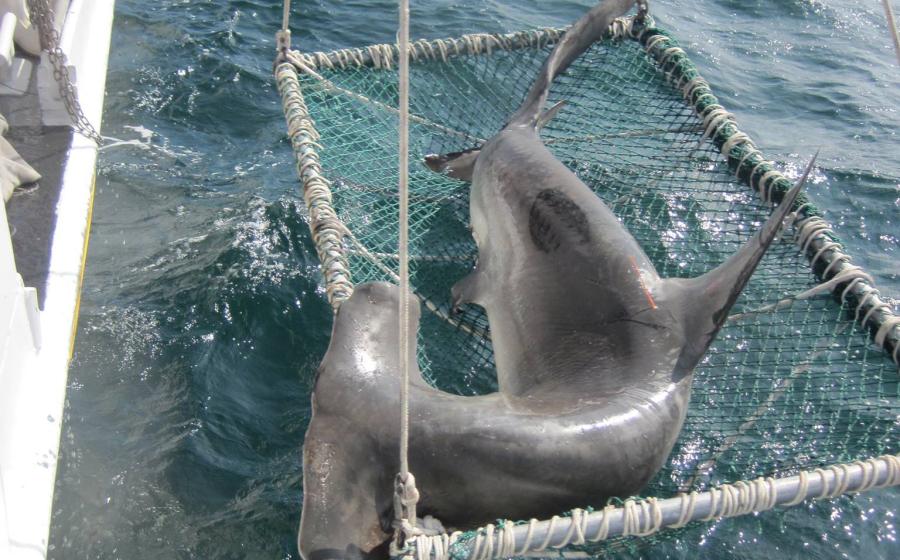Ask DAN: What Are The Complications of Diving With Diabetes?
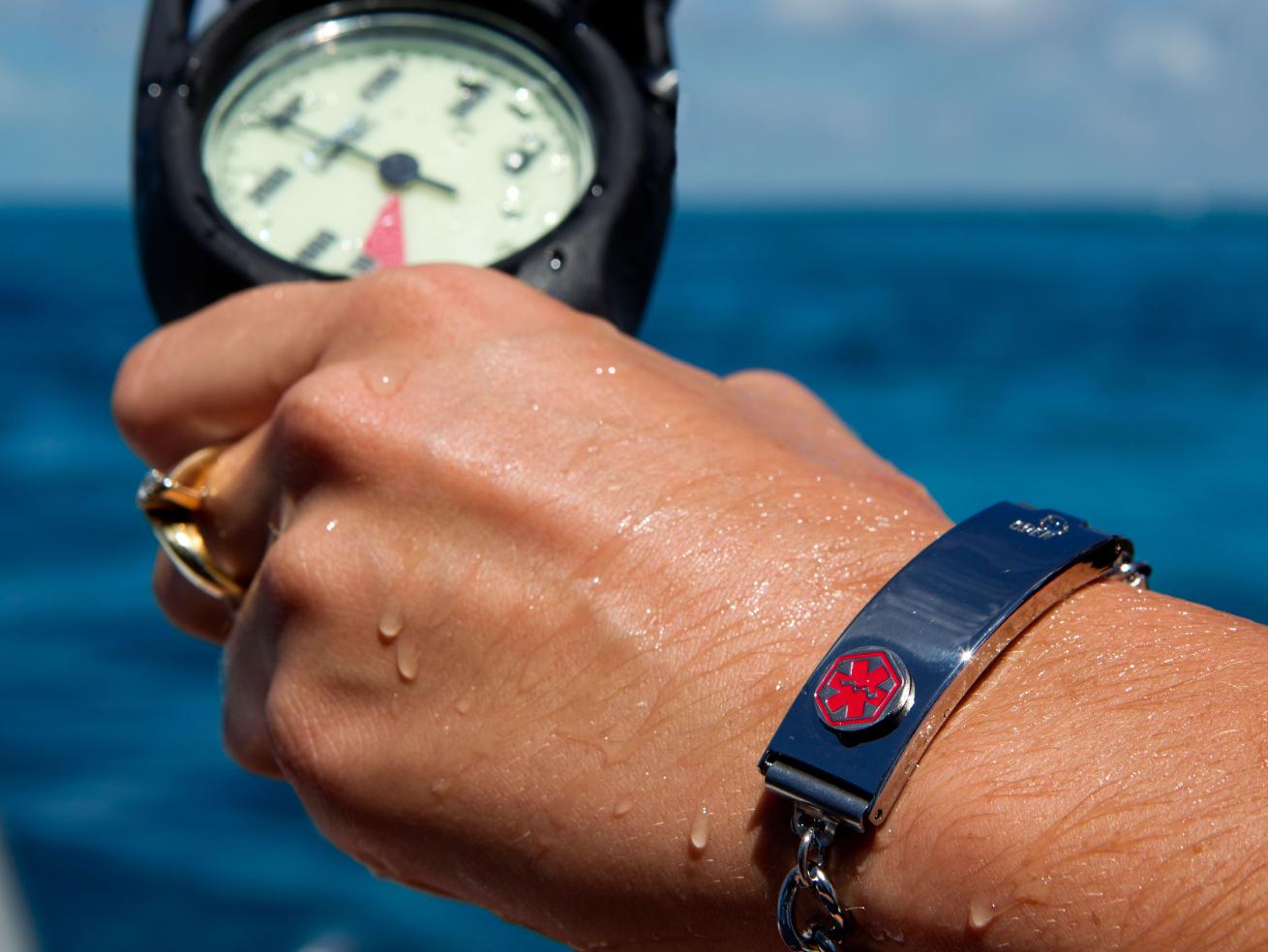
Divers Alert NetworkASK DAN: What are the complications of diving with diabetes?
I am a longtime diver with no previous medical conditions, but I was alarmed when I recently became extremely thirsty, started urinating frequently and experienced rapid unexplained weight loss. There is a history of diabetes in my family, so I wasn’t completely surprised when my doctor explained I had developed Type 2 diabetes. Will my diagnosis interfere with my ability to dive?
Diabetes
Diabetes mellitus is a disorder of the endocrine system, manifested either by insufficient production of insulin or the resistance of the body’s cells to the actions of insulin despite normal or even high insulin production. People with diabetes have high blood glucose (hyperglycemia), and their cells are starving because they can’t use the glucose. If on medication, they might have excessively low blood glucose (hypoglycemia).
Type 1 and Type 2 Diabetes
Diabetes takes the form of Type 1 or Type 2 diabetes. In Type 1 diabetes, which is also referred to as insulin-requiring diabetes, the pancreas is unable to produce insulin. People who develop Type 1 diabetes must take insulin injections to control blood sugar. Type 2 diabetes, on the other hand, may be alleviated by diet or controlled by oral medications.
Risk Factors for Diving
The main risk to divers with diabetes is low blood sugar, which can cause confusion, sweating, rapid heartbeat, unconsciousness or even death. High blood sugar also can cause unconsciousness, although the onset is often much slower. Unfortunately, the risks of diving with diabetes are substantial because unconsciousness underwater is frequently fatal. Although people with diabetes can experience high and low blood sugar daily, other problems, including kidney, heart, eye and nervous system conditions, can develop over the long term. Any of these alone can also interfere with a person’s ability to dive safely.
Former Guidelines
Historically, the dive-medicine community has concluded that a diabetes diagnosis should be an absolute contraindication for participation in scuba diving. Support for this view has weakened over the past 20 years. Recognizing that a substantial number of divers are diving successfully with diabetes — either openly or surreptitiously — led dive-medicine experts to re-examine their position concerning diabetes and diving.
Diving with Diabetes
Before diving, people with diabetes must consider the balance between the acute risk of low blood sugar and the chronic risk of secondary complications. No matter how well the diabetes is controlled, divers with diabetes should not be deemed as fit to dive without restriction. Those who meet certain criteria can dive, provided they follow specific procedures and are periodically examined for complications that put them at additional risk. Furthermore, all divers with diabetes and their dive buddies must carry oral glucose with them at all times. To determine whether they are fit to dive with restrictions, divers with diabetes are encouraged to visit physicians trained in both diving medicine and diabetes care.
For more dive training, dive safety and diver health recommendations and tips, visit the Training, Safety and Health section of our website.
For more information, visit DAN.org.




